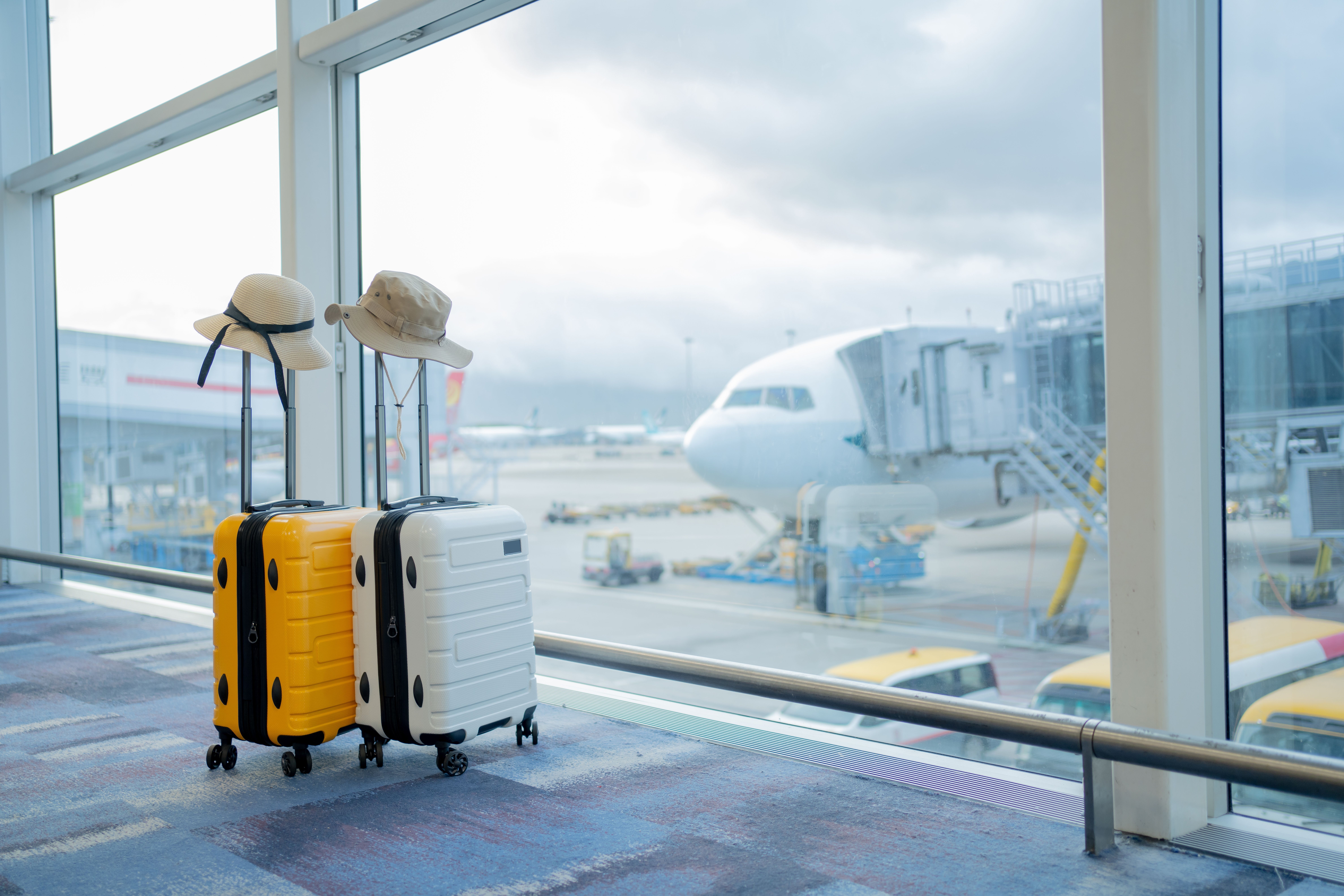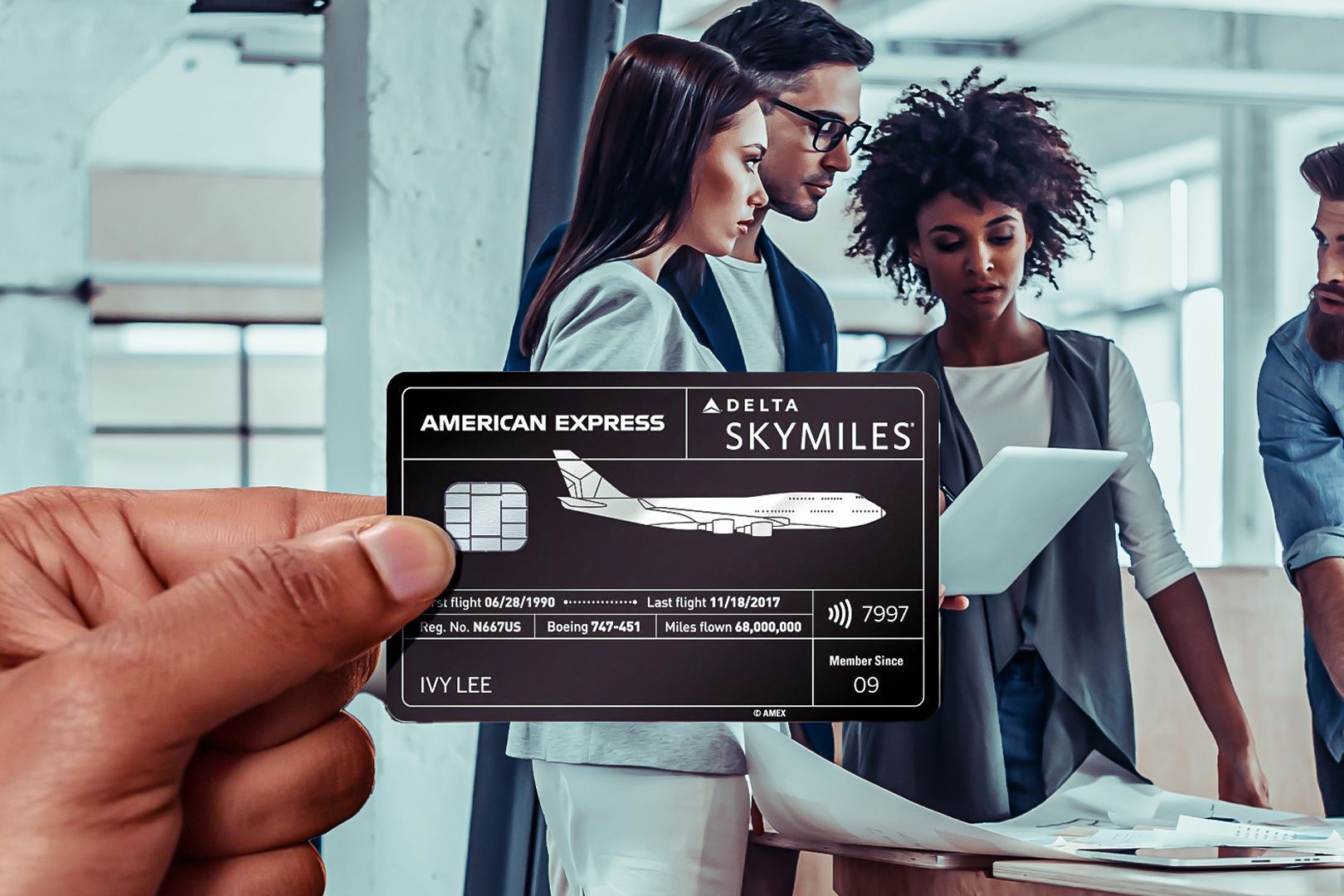Summary Extra fees for carry-on baggage are common, even among legacy carriers like British Airways and United Airlines. Airlines charge for carry-on bags to offset low fare costs and improve operational efficiency. Major North American carriers have varying fees for personal items, carry-ons, and checked bags.
When booking travel, we are always lured in by the sale fares to exotic destinations. While those cheap tickets may have convinced you to book your next vacation, we usually get stung regarding add-ons, including cabin and checked baggage, meals, entertainment, and more. Extra charges for carry-on baggage Florida-based, ultra-low-cost carrier Spirit Airlines made headlines in 2010, becoming the first US carrier to introduce fees for full-sized carry-on bags.

This disappointed many of the airline's loyal followers, who claimed the new costs were unjustified. However, many other airlines have followed suit, and now most ULCCs will charge a fee if you want to take anything more than your handbag. The reasoning behind limiting carry-on baggage is simple: low-cost carriers offer tickets at rock-bottom prices and look for extra revenue in the way of additional fees.
ULCCs also operate tight schedules with limited turnaround times, so it is all about efficiency for the airline. If a passenger is traveling with multiple carry-on bags, this can make the boarding and disembarkation process slower, which can cause delays for the carrier. Frontier Airlines and Allegiant Air are another example of two US carriers that watch thrifty passengers looking to exceed the one personal item of carry-on baggage permitted onboard, with fees up to $75 for those trying to bend the rules.
Frontier and Allegiant have a strict policy of one personal item each, including a laptop bag or purse, for example. However, anything larger must be checked into the hold, or an additional cabin bag charge must be paid. Want answers to more key questions in aviation? Check out the rest of our guides here .
Legacy carriers and carry-on baggage Carry-on bag charges aren't limited to low-cost carriers; British Airways started charging for carry-on bags in its basic economy class fare , and even Star Alliance member United Airlines charges for larger carry-on bags in their basic economy class fare. Look at the terms and conditions for United below : Personal item One personal item is permitted and must be able to fit under the seat in front of you. This can include: Shoulder bag, or Laptop bag Carry-on baggage The Basic Economy fare is not included unless traveling to Canada, South America, or transatlantic or transpacific destinations.
On the regular US and Caribbean routes, you are charged $35 for a carry-on bag, and if it won't fit under the seat, a last-minute checked bag fee is $65. Checked baggage It is included on all trans-Pacific flights, excluding China and Tahiti. Otherwise, additional charges may apply.
Why do airlines charge for carry-on bags? As already alluded to in this article, some airlines look for extra revenue streams to improve bottom lines; however, for most legacy carriers, the considerations that have been made to charge for carry-on baggage is simply as you are being offered discounted airline tickets with more restrictions. For those that can travel light (i.e.
, with just a shoulder bag), the airline travels with a lighter load, thus saving on fuel and, ultimately, the flight cost. This is a move seen on both sides of the Atlantic, with Ryanair and Wizzair, European low-cost giants, keeping an eagle eye on their low-fare passengers and charging for larger cabin bags. Another reason to encourage customers to travel light is that the overhead lockers onboard aircraft simply cannot accommodate every passenger's bag onboard.
This can lead to delays as the flight attendants find space for additional baggage. In addition, the logistics of gate checking can add extra handling time and inconveniences for the crew, which ultimately can affect the carrier's on-time performance. Which US carriers charge for carry-on baggage During the booking process, your chosen airline will clearly state your carry-on baggage restrictions, and you must be aware of this to avoid being stung by extra fees at the airport.
While Spirit Airlines was the first in the US to charge for carry-on bags, some airlines have followed suit with basic economy fares. Simple Flying took a snapshot of major North American carriers and their baggage restrictions and costs; check out the data below, based on travel within the USA and Canada . Airline Personal item fee Carry-on baggage fee Checked baggage fee Air Canada Free Free From $30-35 Alaska Airlines Free Free From $30 Allegiant Air Free From $15 From $20 Delta Air Lines Free Free From $30 Frontier Airlines Free From $37 From $34 Hawaiian Airlines Free Free From $25 Southwest Free Free Free (first to checked bags) Spirit Airlines Free From $37 From $30 Westjet Free Free From $30 Some airlines, such as the world's largest low-cost carrier, Southwest Airlines , encourage you to check your bags.
The Dallas-based airline is renowned for its generous free checked baggage allowance, which permits paying passengers up to two checked pieces of baggage at no cost. This benefit encourages passengers to check as much as possible, and in return, the airline hopes that you will carry minimal items into the cabin. The end result of this is that passengers have less to store in the cabin and can be boarded and disembarked quickly, enabling the airline to turn around quickly for the next flight.
In the world of endless add-ons, which airline offers you free checked bags? Have you heard the Simple Flying podcast recently?.



















